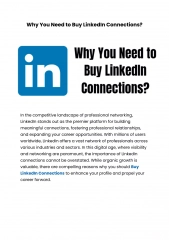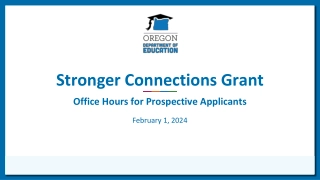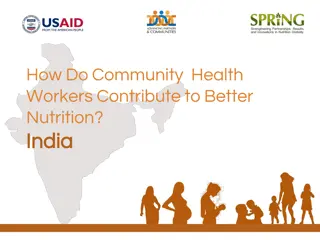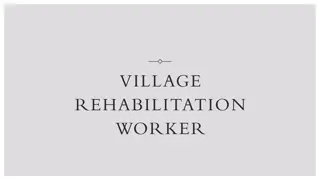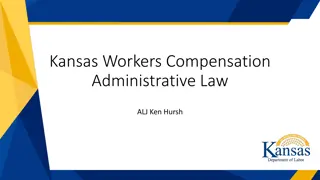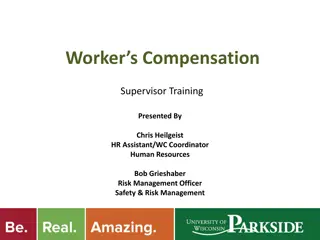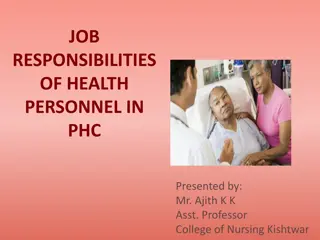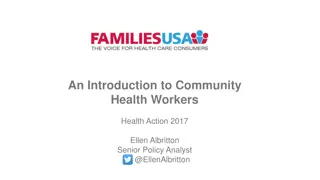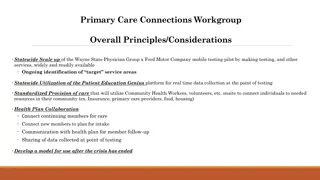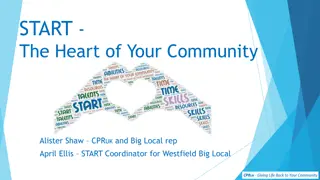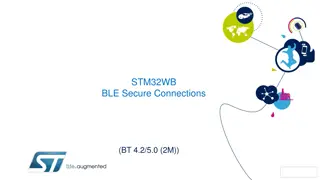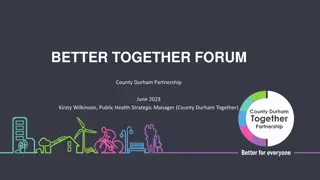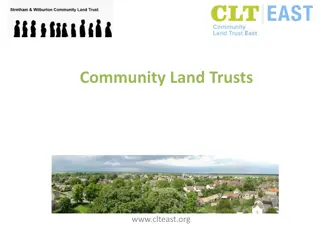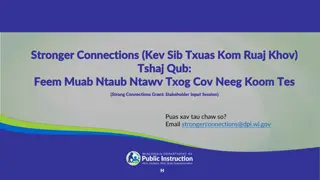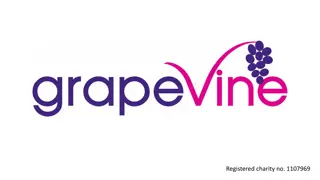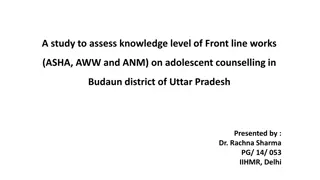Empowering Community Health Workers: Building Stronger Connections
In this community health worker committee meeting, the focus is on advancing the CHW workforce, setting norms, and discussing the history of CHWs in the US and Montana. Discover the purpose, goals, and activities of the committee, emphasizing collaboration and empowerment. Expectations and support provided by the organizers are outlined, highlighting the importance of participation and engagement for sustainable growth in the CHW sector.
Download Presentation

Please find below an Image/Link to download the presentation.
The content on the website is provided AS IS for your information and personal use only. It may not be sold, licensed, or shared on other websites without obtaining consent from the author.If you encounter any issues during the download, it is possible that the publisher has removed the file from their server.
You are allowed to download the files provided on this website for personal or commercial use, subject to the condition that they are used lawfully. All files are the property of their respective owners.
The content on the website is provided AS IS for your information and personal use only. It may not be sold, licensed, or shared on other websites without obtaining consent from the author.
E N D
Presentation Transcript
Community Community Health Worker Health Worker Committee Committee December 4, 2023
Introductions Introductions Name Pronouns Organization/Job Title Location/City Experience as a CHW
Agenda Agenda Review the goals of the CHW committee Discuss and set norms of the group Share history of the CHW workforce in the US and in Montana Discuss next steps
What is the CHW Committee? What is the CHW Committee? A group of CHWs, CHRs and allied workforces collaborating to advance the workforce Operate in support of the new CHW organization Develop consensus for the CHW workforce in Montana and define:
Why? Why? To build connections within the Community Health Worker workforce To empower Community Health Worker leadership To find sustainable funding for CHWs that creates well-paying jobs
What does this look like? What does this look like? Regular meetings over the next 12 months Collaboration and work between meetings Facilitation, organizing, documenting and support work by The Center and AHEC
Expectations Expectations Examples: Do your best to come prepared to the meeting, but know we'd rather you show up even if you don't have time to prepare If you miss a meeting, read the minutes or watch the recording before the next meeting Read any uploaded resource materials before the meetings Be prepared to use your voice and make decisions
What you can expect from What you can expect from us: us: Backbone communication Scheduling meetings Facilitating presentations Taking meeting minutes Answering questions and providing support in between meetings Main contact: Emma Simuns
Ground Rules Ground Rules Approach the work with care, honesty, and empathy. Use each interaction to build community. Take responsibility for the conversations you participate in. Respect the confidentiality and personal wishes of other members. Bring questions, concerns, or feedback to the meetings to be discussed. Reach out to Emma Simuns for support
Decision Making: Roberts Decision Making: Roberts Rules Rules Led by a chairperson Members propose actions or decision through motions Motions must be seconded to be considered Members discuss the motion and can propose motion changes Members vote to accept or reject the motion Motions must receive majority vote to pass Motions can be postponed
Decision Making: Consensus Decision Making: Consensus Steps in the Consensus Process: Introduce the consensus process and designate a facilitator for the meeting Select a topic for discussion Open up discussion on that topic, making space for everyone to share their thoughts Form a proposal that captures the needs and ideas shared Ask for suggestions to modify the proposal Restate the proposal, including any changes Tests for agreement with every members participation
Suggested Timeline Suggested Timeline Establish the committee Q1 Jan. - March 2024 Q2 April June 2024 Decide CHW definition and code of ethics by reviewing other states' definitions and code of ethics Decide scope of work by reviewing other states' scope of practice for CHWs Decide training requirements by reviewing other states' training requirements Q3 July Sept. 2024 Q4 Oct. - Dec. 2024
Compensation Compensation $500 for attending ten one hour meetings beginning in January
Pause and Break Pause and Break Questions? Anything we missed that we should discuss?
APHA definition APHA definition A community health worker is a frontline public health worker who is a trusted member of and/or has an unusually close understanding of the community served. This trusting relationship enables the worker to serve as a liaison/link/intermediary between health/social services and the community to facilitate access to services and improve the quality and cultural competence of service delivery.
Workforce Data Workforce Data 242 have completed the CHW training 112 funded CHW/Community Integrated Health positions funded through a CDC grant (2 years salary), 2 full-time employees in each of MT's 56 counties Organizations employing CHWS include: Preferred Provider Organizations, Critical Access Hospitals, Federally Qualified Health Centers, Community Health Centers, County, County Health Departments, Chamber of Commerce, Tribal College, Tribal Health Departments, Indian Family Health Clinics, and other various non-profit organizations.
CHR Definition CHR Definition A tribal or Native community-based, well-trained, medically guided, health care provider who may include traditional Native concepts into their work and is funded with IHS-CHR appropriations. Scope of Work: Healthcare: education, monitor client/community, case management, health promotion, transportation and interpretation services Health promotion: tobacco education, family planning, pregnancy and infant care Disease prevention: teaching or promoting prevention methods
CHWs in Montana CHWs in Montana
History of CHWs in the US History of CHWs in the US 1950s: Promotores de Salud 1968: Community Health Representative program . 1970's: American Public Health definition 2007: Health Resources Services Administration report 2008: Affordable Care Act
History of BH Peers in History of BH Peers in Montana Montana 2012 Partnership and Collaborative work begins 2013 Work on developing the scope of practice 2014 Task Force and Pilot Projects 2015 Legislative work begins again 2015 MPN holds the first Peer Support 101 2015 Peer Services Toolkit published 2016 The workforce continues to grow across Montana.
History of Peers in Montana History of Peers in Montana January 2017 Peer Certification bill SB 62 October 1, 2017 Behavioral Health Peer Support Specialist certification goes into effect July 7, 2018 BHPSS application becomes available through Board of Behavioral Health. September 2018 First BHPSS officially certified in the state of Montana. January 2019 SB 30 BHPSS Medicaid Reimbursement June 2, 2021 HB276 BHPSS BOH representation
History of CHWs in Montana History of CHWs in Montana In Montana, Community Health Workers are a newer, growing workforce. They are employed in hospitals, primary care settings, public health, government, and community-based organizations. Most CHW programs in Montana are funded through federal grant funds. Many of these funds are temporary expansions of federal funding related to the American Rescue Plan Act (also known as the Covid-19 Stimulus Package). Currently, there are very few "Community Health Worker" positions in Montana, and few jobs include a CHW certification or training. Despite this, the skills and competencies gained as a CHW can be applied to numerous positions in Montana.
Similar MT Workforces Similar MT Workforces Family Peer Support Specialists Doulas Community Integrated Health
Pause Pause Any questions? Anything else we need to discuss? Anything we missed?
Surveys Surveys Expectations Ground Rules Decision Making
Next Meeting: January Next Meeting: January Agenda Review CHW models in South Dakota and Oregon Definition Scope of Work Training requirements Reimbursement Meeting Structures Questions to discuss Where to house the online resource folder How often we meet
Questions? Questions? Any questions about the process? If any questions come up before the next meeting, please reach out to us by email at emma.simuns@umontana.umt.edu.
Thank you! Thank you! Next Meeting: DATE


